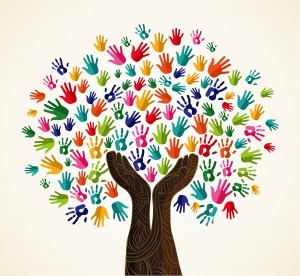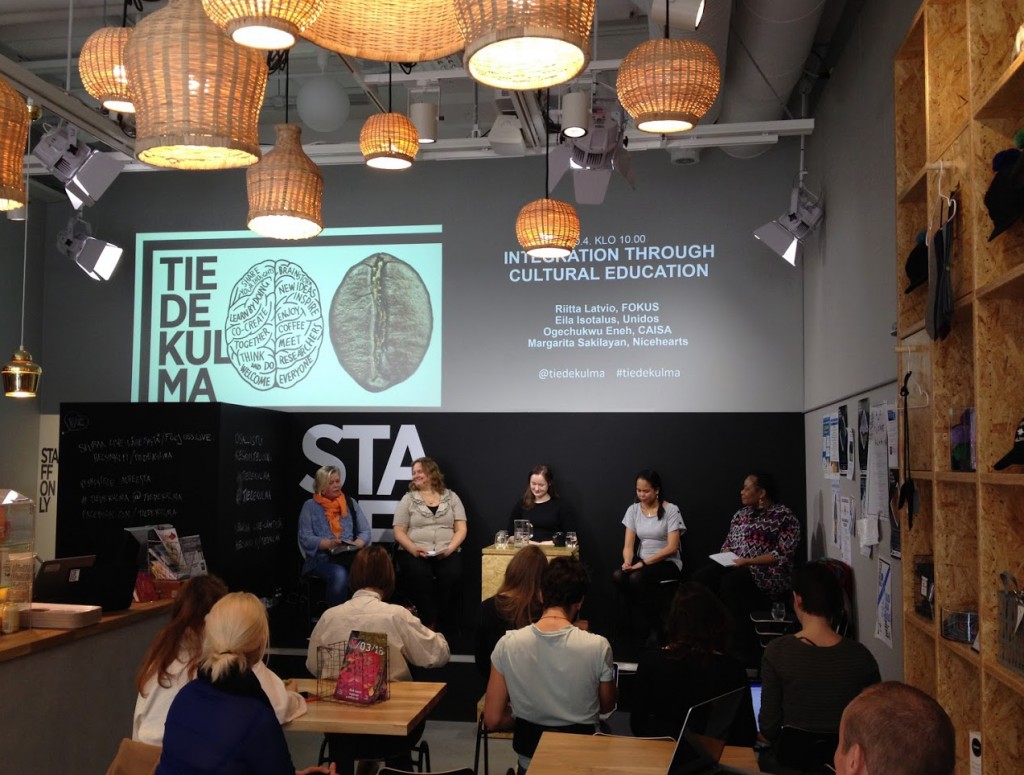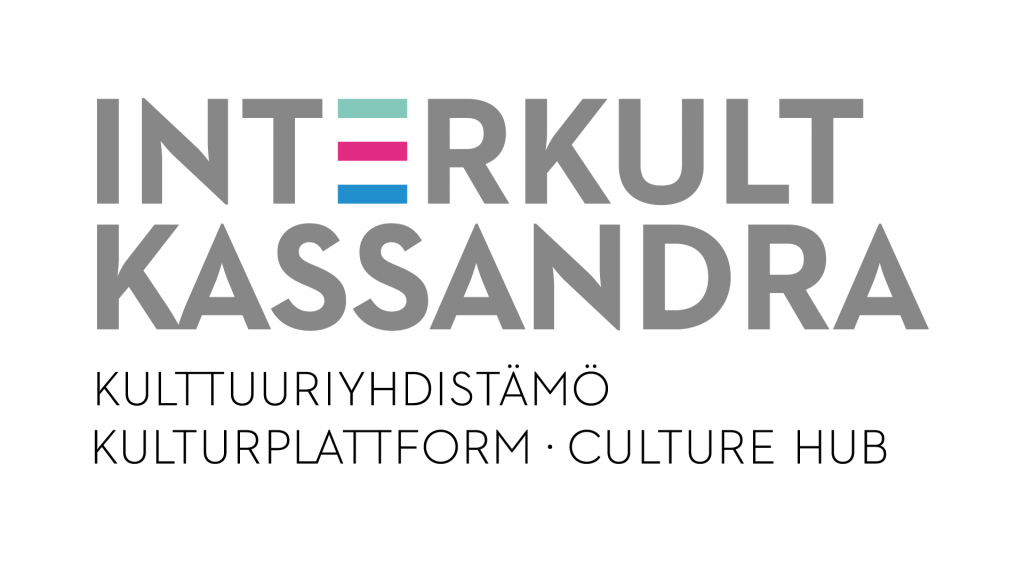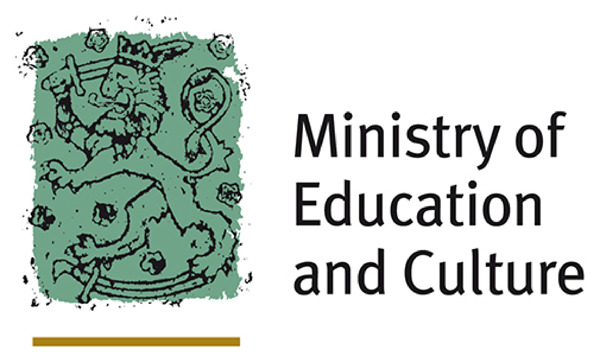
An individual’s social background is compounded partly by education and social interaction. Especially, cultural education is crucial in regards to integration into the society. Various programs, such as diverse arts and cultural workshops, within education have its importance in not only expanding the mind but also educating and supporting children and teenager.
Studies show that students who have attended workshops are three times more likely to graduate than those who do not. Workshops give children and teenager somehow to express themselves, if they do not have the support to do so at home. Also, it gets them to think creatively and inventively, and expanding their views and ways of thinking. Educating children with and without a migrant background is beneficial, since they learn more about other cultures, religions and lifestyles. Most importantly, it also helps fight discrimination and promotes awareness. Additionally, it is beneficial for children with migrant background to integrate fully into the society.
Due to the migration wave and the current refugee crisis in Europe, more cultural and educational programs are need to support the newcomers coming to Finland. However, also more workshops, dialogues and discussions are needed to educate Finnish citizens on the different lifestyles of the migrants and refugees. By enabling constructive communication between those two entities successful integration can be guaranteed.
PS: If a company or a person has caught your attention, click on their names and their LinkedIn profile or web-page will pop-up! 🙂


